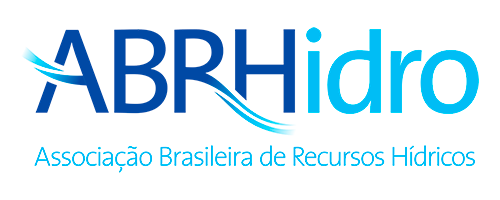XXIII SBRH - Simpósio Brasileiro de Recursos Hídricos
Data: 24/11/2019 à 28/11/2019
Local: Foz do Iguaçu - PR
ISSN: 2318-0358
Mais informações: https://eventos.abrhidro.org.br/xxiiisbrh/
Catchment coevolution: A useful framework for improving predictions of hydrological change?
Código
XXIII-SBRH0905
Autores
Tema
NEXUS Água-Alimento-Energia: novas perspectivas e abordagens na hidrologia
Resumo
The notion that landscape features have coevolved over time is well known in the Earth sciences. Hydrologists have recently called for a more rigorous connection between emerging spatial patterns of landscape features and the hydrological response of catchments, and have termed this concept catchment coevolution. In this paper we review recent literature on this subject and attempt to synthesize what we have learned into a general framework that would improve predictions of hydrologic change. From this review it is clear that the independent drivers of catchment coevolution are climate, geology, and tectonics. Two avenues of investigation have been used to understand the relationship between (differences in) age and hydrological response: (i) one that is based on relating present landscape features to runoff processes that are hypothesized to be responsible for the current fingerprints in the landscape; and (ii) one that takes advantage of an experimental design known as space?for?time substitution. Both methods have yielded significant insights in the hydrologic response of landscapes with different histories. If we want to make accurate predictions of hydrologic change, we will also need to be able to predict how the catchment will further coevolve in association with changes in the activity levels of the drivers (e.g., climate). There is ample evidence in the literature that suggests that whole?system prediction of catchment coevolution is, at least in principle, plausible. With this imperative we outline a research agenda that implements the concepts of catchment coevolution for building a holistic framework toward improving predictions of hydrologic change.

